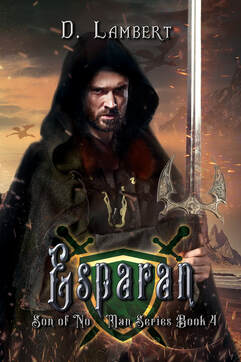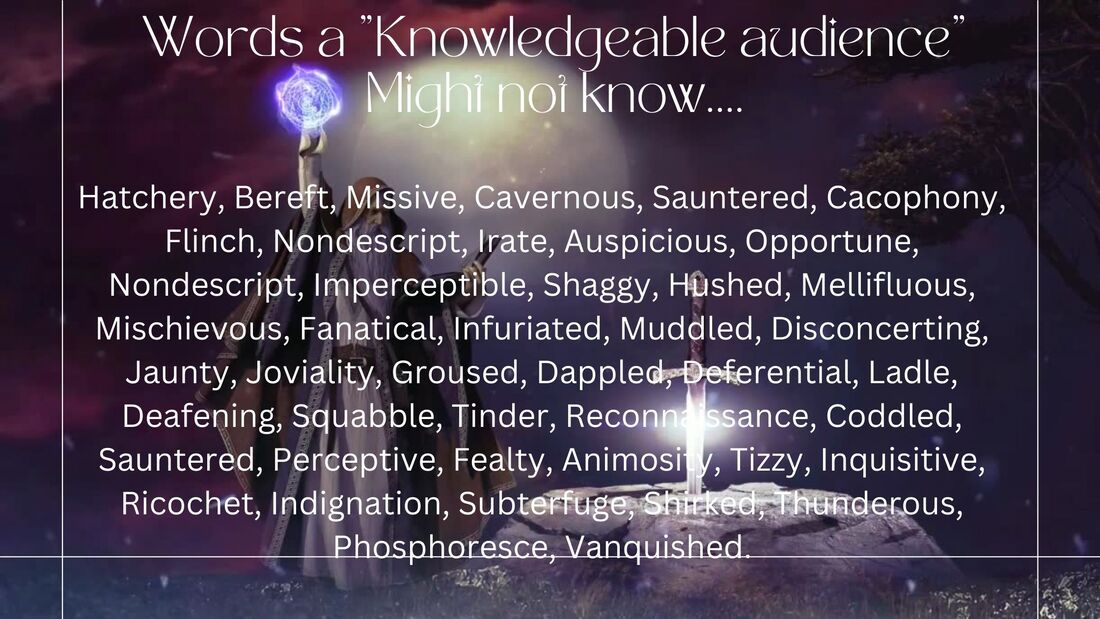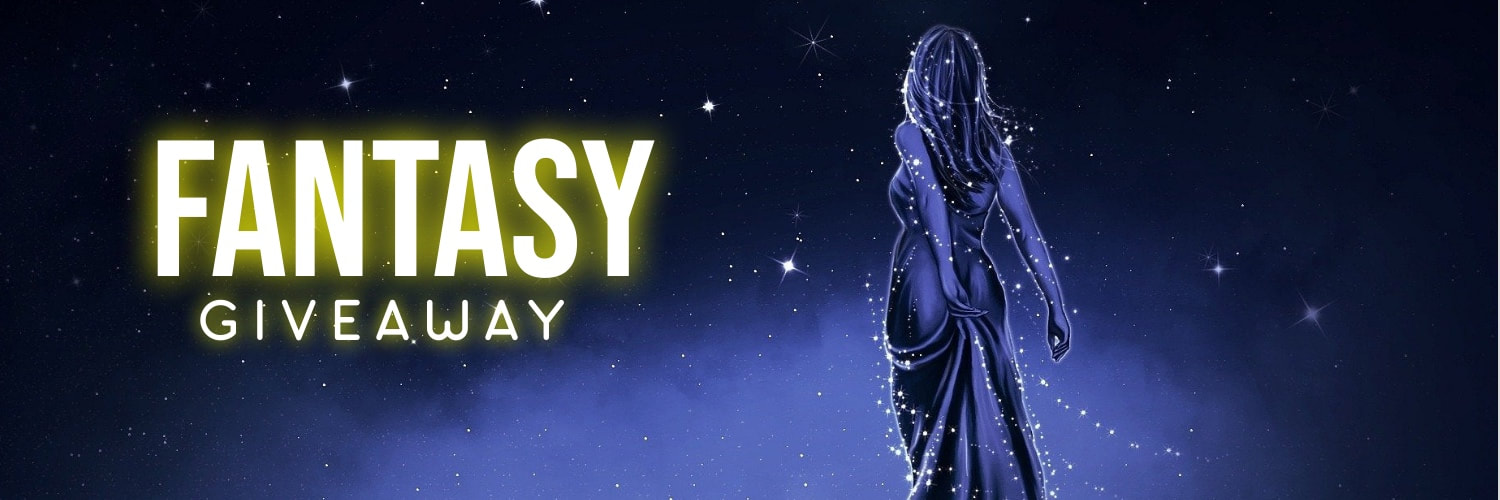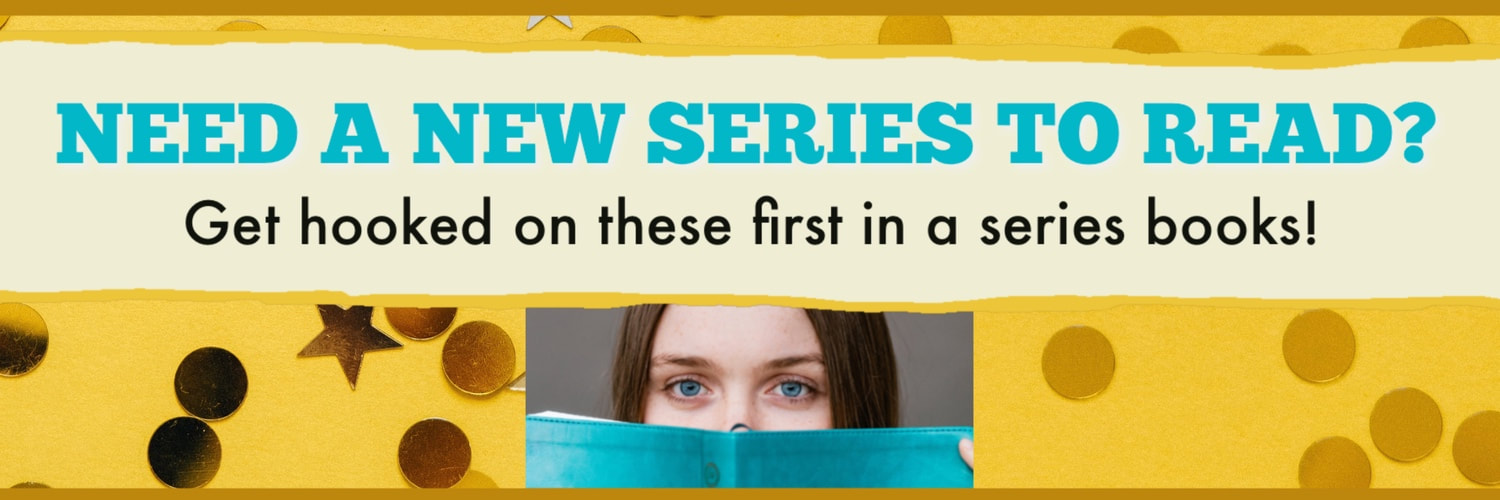 My favourite cover to date from this series! My favourite cover to date from this series! Last call for pre-orders, because the fourth book in the Son of No Man goes live OCTOBER 1st! Check out ESPARAN here to follow the founding of a kingdom the old-fashioned way; by the sword. ARC readers; if you didn't get your copy, let me know! Oh! and I JUST sent in the manuscript for KING, the next instalment! Coming soon! And promotions are at the bottom of the page! Meantime, I had a Facebook post from the Victoria Creative Writing Group inspire this post. The post was this video. The amazing moment when you put your foot in your mouth and undermine whatever it was you were saying by not knowing or using a word correctly. Words matter. This was good timing since I was editing, which means I used Grammarly again. I have a love-hate relationship with Grammarly. While I appreciate what it catches, there are some things it never gets right. For one, its 'suggestions' for alternatives are often laughable. Before is not the same as When in a sentence you doggone AI. They are different timings! And I know you don't like words like 'obvious,' and you keep wanting me to change it to 'apparent,' but if I did that all the time, it would be weird. And they don't mean the same thing! There is a difference between being unknown and not being known. Weird! But the big one I flip by instantly is the "Knowledgeable audience" comments about vocabulary. What happens with these is that it has an idea of how smart we are or, perhaps, how smart we aren't! So it suggests that words "a knowledgeable audience might not know" are removed and replaced. Basically, dumb it down. I ignore it every time. Why? One, because this is an adult book, I don't need to write for a child. Two, because reading is a massive part of how we grow our vocabulary, and if everyone dumbed it down, it would castrate the language. I've heard people suggest we should all aim for the lowest reading level in our writing, and I think that's what Grammarly is trying to do. And I understand their argument. I want my book to be accessible too! I don't want to scare people off by putting in "big" words that might (shock!) make them think or look it up! But I also don't want to dumb it down. If the correct term was Ricochet, I will put that in. Same for Groused, Deferential, or Thunderous. And yes, I'll use Phosphoresces (once only!) because it's a spectacular word, and it fits the glow of a wizard's light! And maybe someone will look it up. Apparently, most popular books run Grade 7-9 reading level. For fun, there's an app called Hemingway Editor, and you can find it here. https://hemingwayapp.com It does a similar job as Grammarly but mostly looks for complicated (or not complicated) sentences to help guide people to a target writing level. I put my work in sometimes to check out where I'm landing. Mostly, I write at a Grade 6 reading level. Sometimes, a chapter or two will drop to Grade 5 or rise to 7. But often, it's Grade 6, and I think that's ok. I don't need to be college-level. I want it accessible but also a bit more challenging! I admit that some of the words on the list Grammarly thought a "Knowledgeable audience" wouldn't know were embarrassing. It included Hushed, Flinch, Irate, Shaggy, Muddled, Ladle (it's not a spoon!!), and Tinder. So I took to writing the words down, and I've included the entire list below. I didn't change them unless they were in error; every one of these show up in the submitted manuscript for Book 5 (King). I was shocked by how long the list became. We need these words! Keep using these words! If you don't know them, look them up! Then use them and impress your friends. Although, I'm not really sure how impressive Perceptive or Tizzy is! Without further ado: the words I used that Grammarly thinks a knowledgeable audience might not know:
0 Comments
Your comment will be posted after it is approved.
Leave a Reply. |
D. Lambert, authorFantasy novels that entice, inspire, and entertain. Archives
May 2024
Categories |





 RSS Feed
RSS Feed